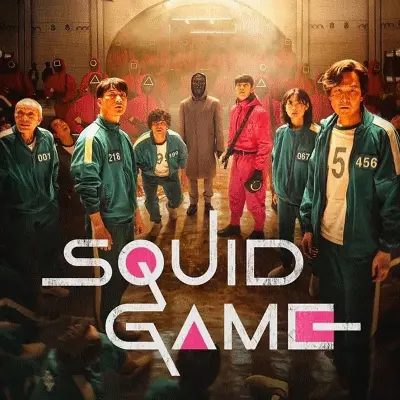Netflix gives Squid Game team bonuses, but not "life-changing money"
-

The one-time bonuses were Netflix's way of acknowledging Squid Game's groundbreaking impact on the streamer. "We’re not talking about life-changing money," reports Bloomberg News's Lucas Shaw. "The cast received less than the stars of Succession get paid for one episode. The bonuses are a recognition of how lucrative Squid Game has been for Netflix. The show, which cost just $21 million to produce, is estimated to be worth more than $900 million to Netflix. Most of that money goes to Netflix, not the producers or the cast. Creator Hwang Dong-hyuk has said in the press that he didn’t make a lot of money on the first season. This raises an interesting question. How do you compensate talent for a hit no one saw coming? Performance-based bonuses are common across many industries. Athletes get bonuses if they win the award for Most Valuable Player. Filmmakers get bonuses if their movies gross $1 billion. Even some journalists get bonuses if they break a lot of stories. Netflix has paid bonuses for awards, but, like the bonuses for Squid Game, these are relatively small. The company has never been a big fan of performance-based compensation when it comes to talent. Its entire business model is predicated on capping the upside of its business partners. The Netflix model differs from how most movie studios and TV studios have behaved in recent decades. Big actors and filmmakers receive a share of the proceeds from a movie or TV show as part of their initial deal." ALSO: Squid Game creator Hwang Dong-hyuk says the pandemic helped the show get picked up.
TOPICS: Squid Game, Netflix, Hwang Dong-hyuk
More Squid Game on Primetimer:
